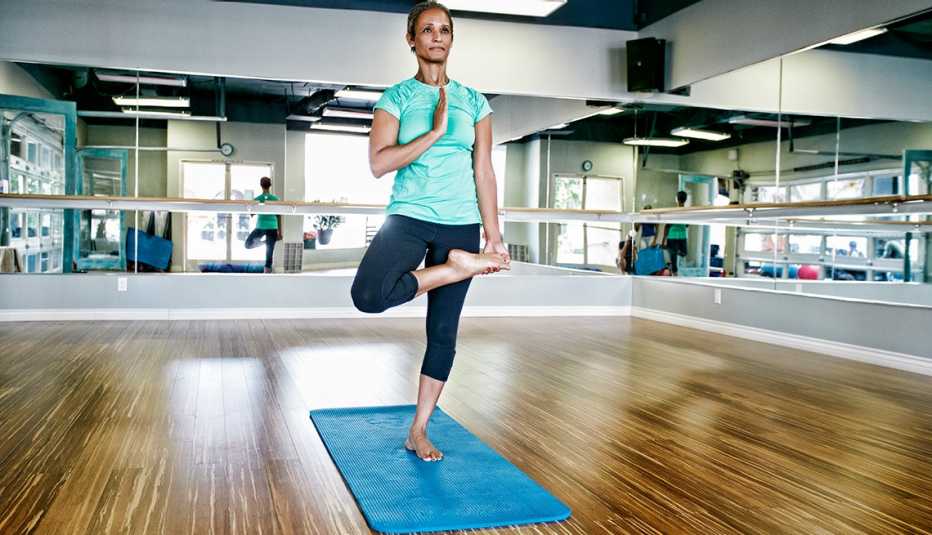AARP Hearing Center


By the time you reach your 50s, your strength, balance and endurance are already beginning to wane — much earlier than previously thought, according to a new study.
Researchers with Duke University's School of Medicine suggest that physical decline begins in the decade of the 50s and worsens as we age, especially for those who don't exercise.
Typically, studies that have looked at age-related physical ability focused on testing those in their 70s and 80s. This study tested a wider age range — 775 subjects from age 30 to 90-plus — and found that exercise to offset physical decline needs to start before people are AARP-eligible.
"Our research reinforces a life-span approach to maintaining physical ability — don't wait until you are 80 years old and cannot get out of a chair," lead author Katherine Hall, assistant professor of medicine at Duke, said in a statement. "The good news is, the ability to function independently can often be preserved with regular exercise."
In the study, published in the Journals of Gerontology, all participants were given simple tests to measure their strength, balance or endurance: rising from a chair repeatedly for 30 seconds; standing on one leg for a minute; and walking for six minutes. Walking speed over a distance of about 10 yards was also measured.
Among the results:
- Both men and women in their 50s began to slip in their ability to stand on one leg and rise from a chair, and the declines continued in the next decades.
- Declines in walking speed and aerobic endurance became evident in the 60s and 70s.
- More physical activity was associated with less physical decline, especially in ages 60 to 79.
The findings suggest that these types of functional tests should be conducted long before people reach their 70s and 80s, said co-author Miriam Morey, with Duke's Center for the Study of Aging and Human Development. By waiting too long, doctors miss "forty years of opportunities to remedy problems."
The researchers also urged health care providers to stress to patients the importance of physical activity to prevent physical decline. As Hall told Provider magazine, "It's never too late to start. Rebounding and improvement with exercise at any age is possible."

































































More on Health
Global Council on Brain Health
Homepage for AARP's Global Council on Brain HealthStay Fit and Injury-Free After 70
How to avoid strains and pain